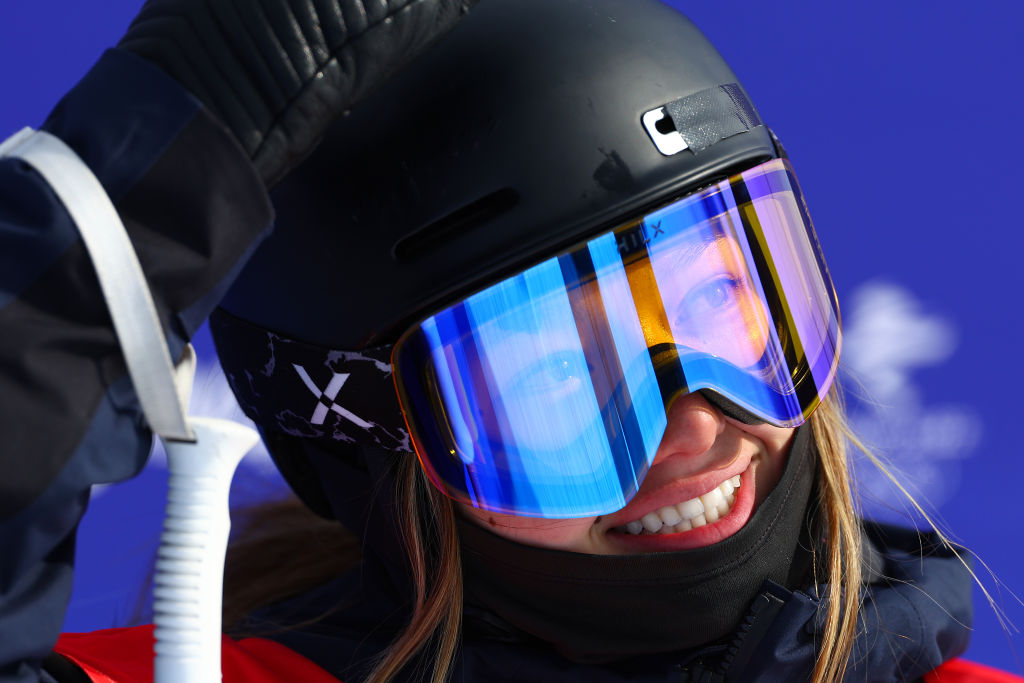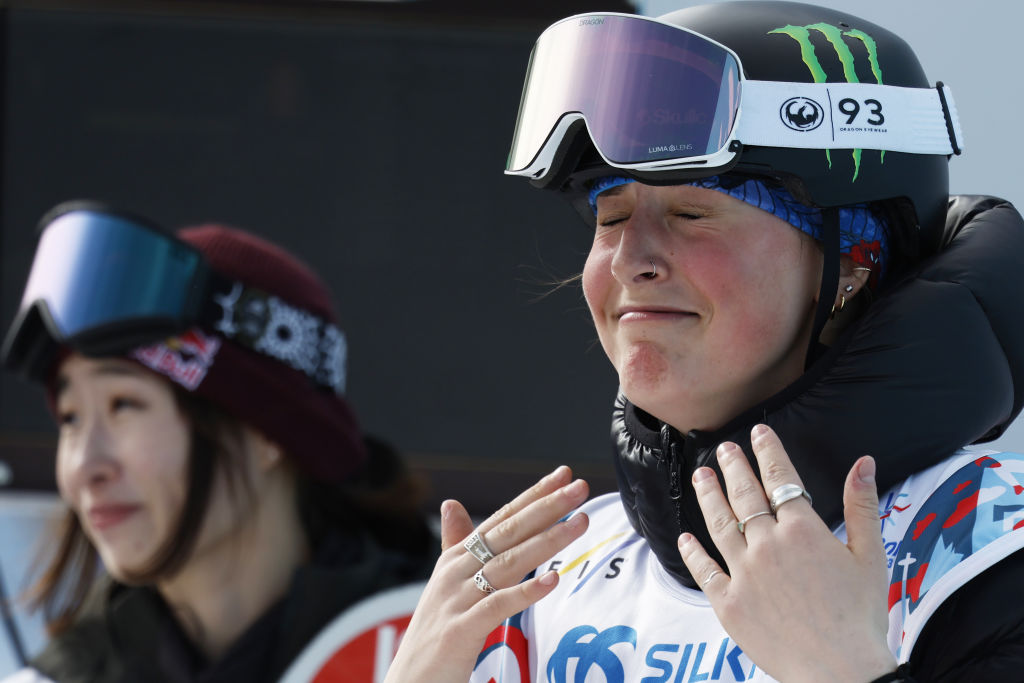So far, snow good: How Britain became an unlikely force in winter sports

While casual skiers and snowboarders put boots back into lofts as the European snow season becomes a thing of months past, the cream of Britain’s winter sportspeople are not done in continuing a record-breaking campaign on the white stuff.
A year on from a disappointing Beijing 2022 Winter Olympics, where Team GB medalled only in curling, the country’s skiers and snowboarders have already notched up an avalanche of 50 medals across multiple disciplines at World Cup, World Championship and X Games events this season.
They include 16-year-old snowboarder Mia Brookes, who won slopestyle gold at the World Championships in February, and freestyle skier Zoe Atkin, 20, who won the SuperPipe title at the X Games in January.
Success has ranged from Alpine to moguls to Nordic to half-pipe and beyond, and it’s truly beginning to look like a renaissance on snow ahead of the next Winter Olympics in Milan.
Remarkably, this bumper winter has come despite the loss of almost half of their funding following the team-wide underperformance seen in China 12 months ago.
That was blamed in part on Covid-19, which proved a significant barrier to training given that Britain isn’t famed for its double diamond black runs and outdoor icy halfpipes, while Brexit was, and remains, another hindrance because of restrictions on how long Brits can spend in mainland Europe.
So what on earth is going on?
Britain’s resurgence in skiing and snowboarding
“It is a combination of great talent and some serious innovation in the way we operate. We’re very entrepreneurial in our approach,” Vicky Gosling, chief executive of GB Snowsport, tells City A.M.
“We went out to Beijing on a really positive trajectory, then it didn’t go that well and then, as a result, we lost £3m worth of funding [down from around £6.5m].
“Then we just put every single ounce of energy and imagination into supporting the athletes to be where they need to be using quite an innovative strategy and, touch wood, it’s worked.
“The thing that I think is really fascinating is that in every discipline that sits under the GB Snowsport umbrella, we have in this season alone medaled in every one of them – ski cross, moguls, border cross, para Alpine, Alpine, snowboard, freestyle ski, freestyle snowboard, cross-country, and para Nordic. It’s ridiculous really, nobody would expect that.”
The development really is in stark contrast to the failures of Beijing – no matter the number of factors at play there, including the lack of test events.
But now snowsport in the UK has a pool of athletes, many of whom will have at least two more Winter Olympics in them, and a track record of winning at the highest level.
So after a number of failures in summer sports in Tokyo and an increasingly tough fight for funding, does GB Snowsport think it deserves a better share of the pot?
“I wouldn’t want to take any [funding] away from any of the summer or winter sports,” adds Gosling, who was chief of the 2016 Invictus Games.
“All I would say is that sometimes it is good to recalibrate and look at what we are delivering against the odds.
“There’s no doubt winter sports are costly, so when you look at comparators – we don’t have these facilities [for snowsport], we effectively need to find them. That comes with cost.”

Snowsport has also benefited from the deluge of private equity funding pouring into sport, such as the lump sum given by MSP Sports Capital to the X Games, but Britain is less able to capitalise on such investment.
“It’s difficult for us,” says Gosling. “We don’t have those events in Britain because we don’t have the mountain ranges. We struggle to get that type of investment, we are more heavily reliant on benefaction or corporate sponsorship.”
The ongoing resurgence isn’t restricted to just snowsports; speed skating, ice dancing, bobsled and other ice sports are also basking in medals.
Cornelius Kersten claimed Britain’s first long track speed skating world medal for 72 years, ice dance pair Lewis Gibson and Lilah Fear won European silver and achieved top spot in the world rankings, while there was also a first four-man bobsleigh world medal since the 1930s.
Britain places its athletic heroes on a pedestal, and a reinvigorated British winter sports sector can only be a good thing for the country’s sporting landscape.
“I think we [Brits] know what it takes to win,” Gosling says. “And [winter sports are] such attractive sports. It comes with risk, it’s exciting to watch, it’s very Formula 1-esque.
“You’re watching these Brits with grit throwing themselves into tricky environments, whether it’s down a bobsled track or a big air competition. When you can start to demonstrate that we can compete on a world class stage, people get genuinely excited.
“And we need to be getting revved up and looking forward to Milan Cortina [in 2026] because it’s the first Winter Olympics in the same time zone. It’s our playing field, it’s our playing ground.”
Maybe it’s time we Brits look at the Winter Olympics not as plucky athletes giving it a go like Eddie the Eagle and instead send Team GB to Milan with expectation on their shoulders.
But as with so much, it goes back to funding. And if the summer bunch underperform in Paris in 2024, will Gosling put her hand up and argue for more funding for snowsport? “Yes,” she says simply, with a determined smile on her face.